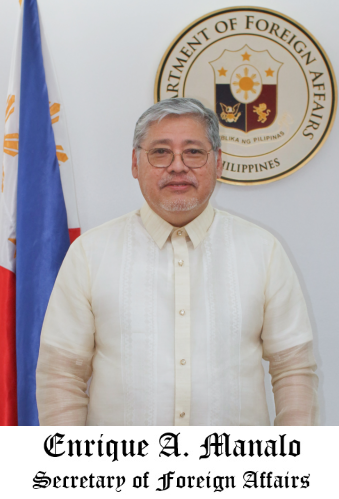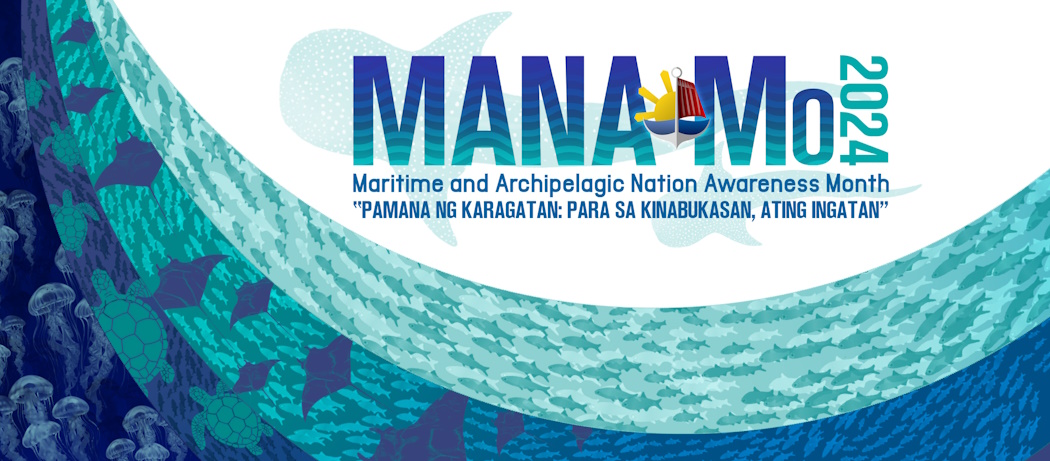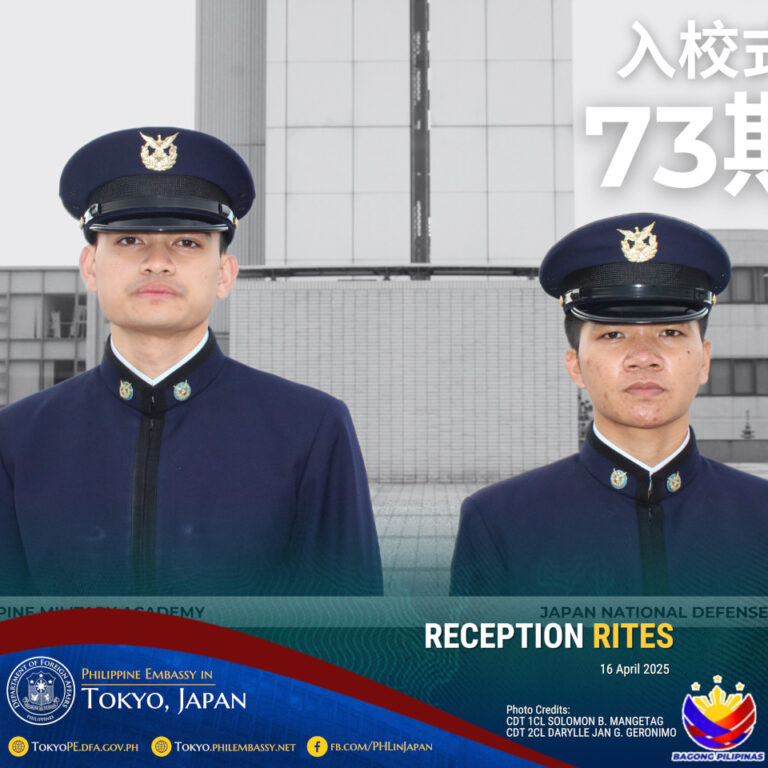Latest Posts
 Philippine Embassy Briefs Japanese Delegates to the 77th Japan-America Student Conference
Philippine Embassy Briefs Japanese Delegates to the 77th Japan-America Student Conference
Wednesday, 04 June 2025
The Embassy of the Republic of the Philippines in Tokyo (Tokyo PE) is inviting qualified candidates for the following anticipatory job vacancy:
SECURITY GUARD and ALTERNATE DRIVER
OverviewThe...
 Weaves, Waves, and Wonders Featured at Philippine Embassy Booth at Takanawa World Festival
Weaves, Waves, and Wonders Featured at Philippine Embassy Booth at Takanawa World Festival
Monday, 02 June 2025



























